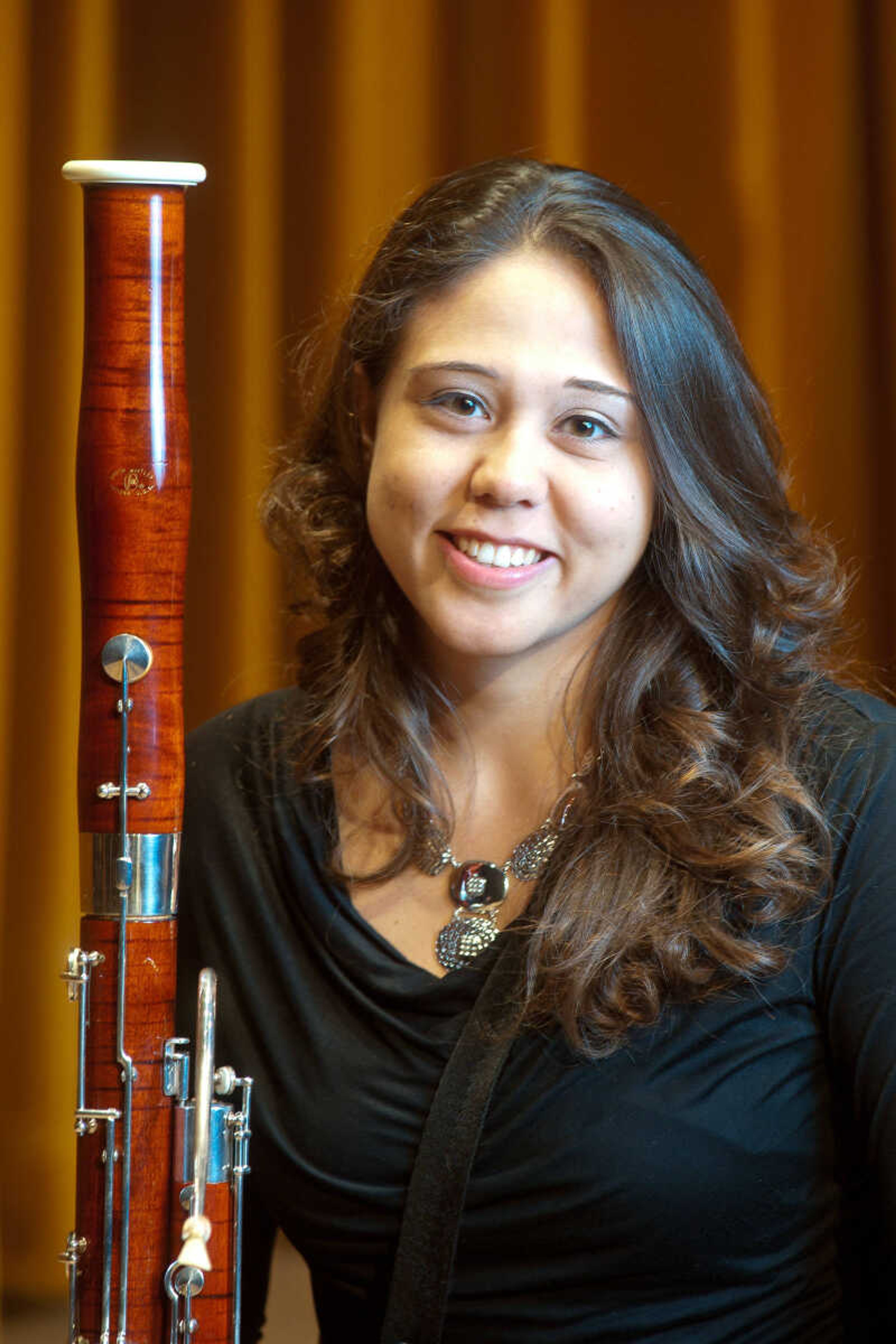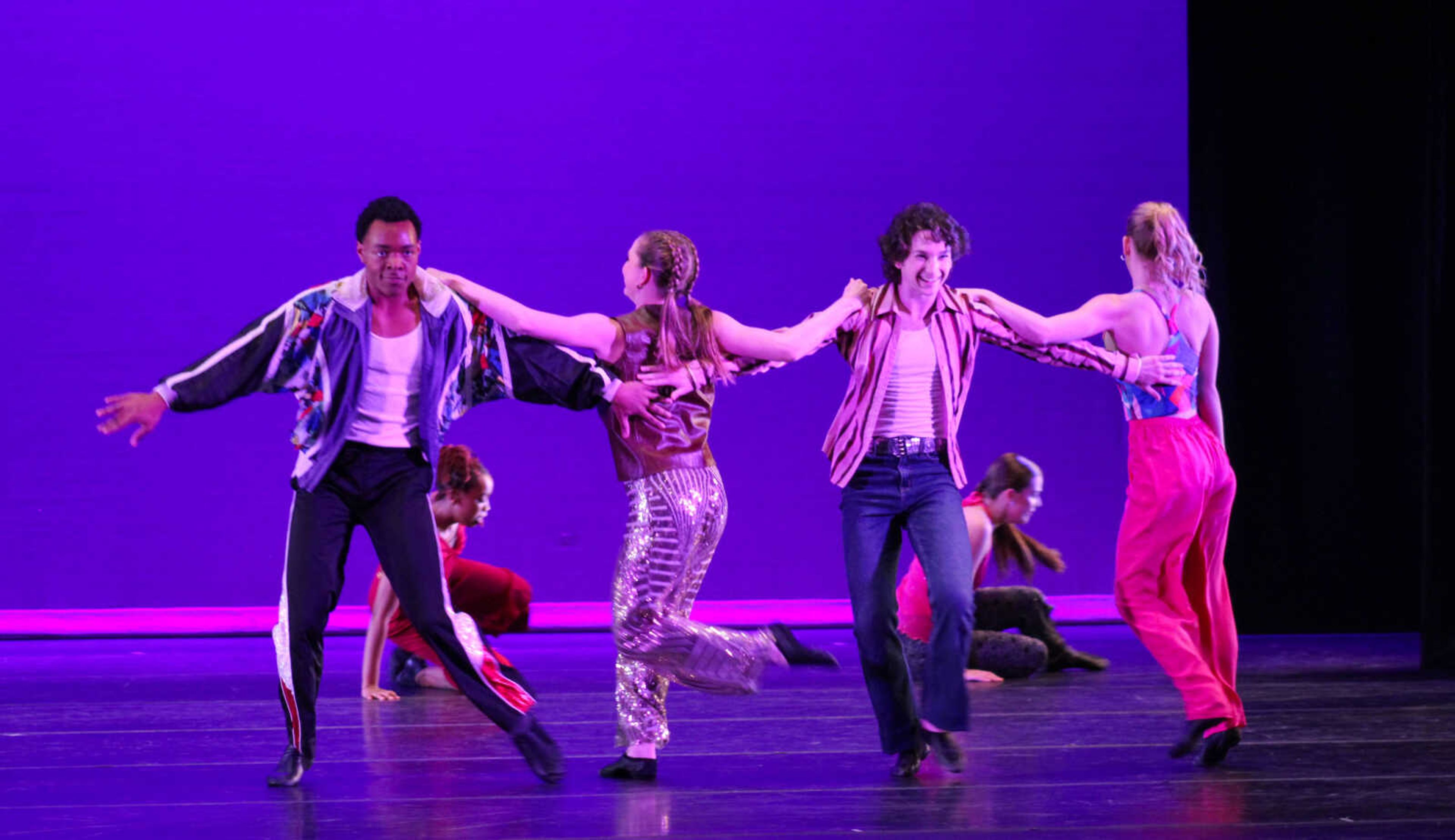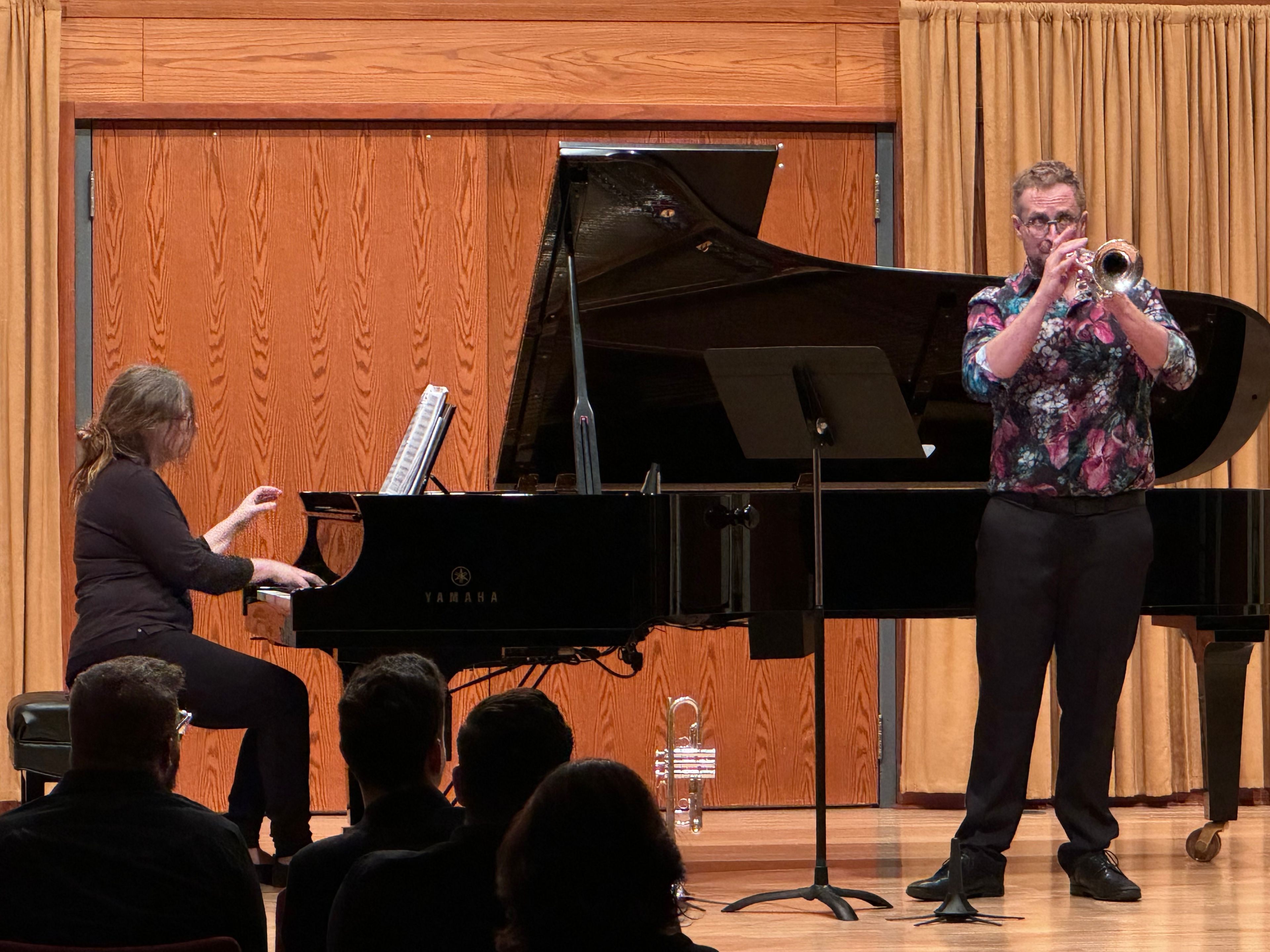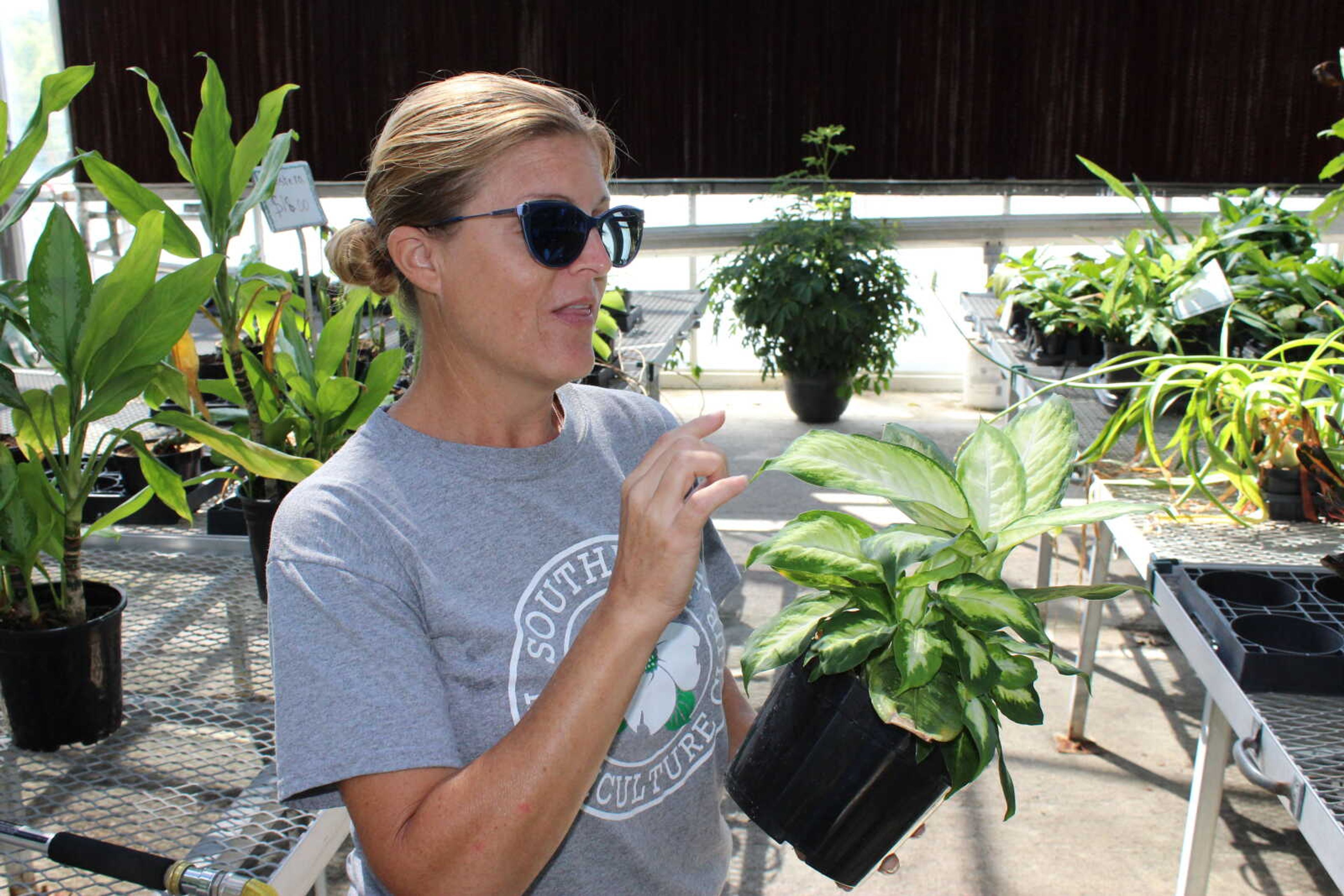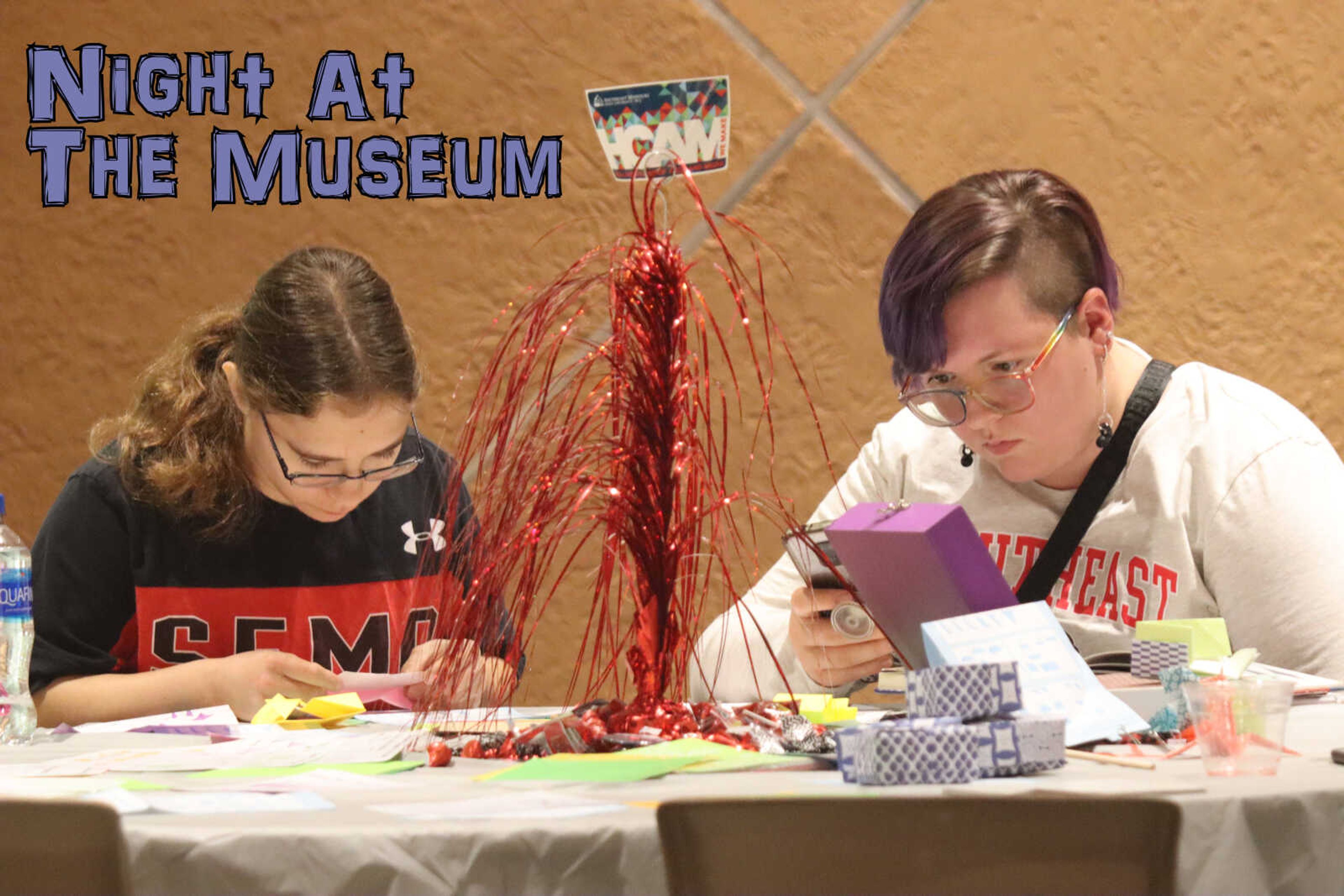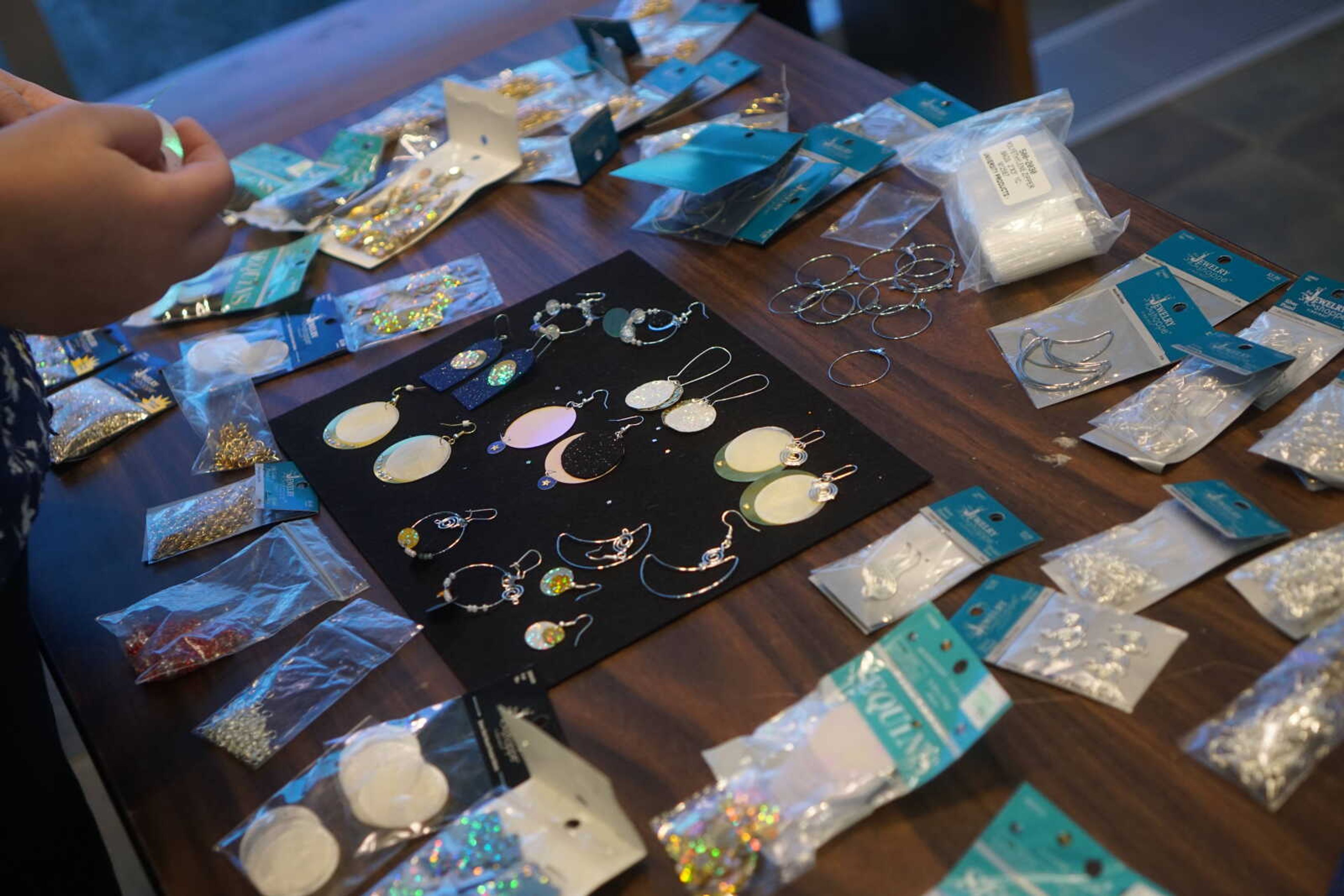Faculty recital will make you want to dance
Dr. Jacqueline Wilson, assistant professor of musicology, ethnomusicology and double reeds will perform her faculty recital with the piano accompaniment of Matt Yount, professor of piano, collaborative piano and chamber music and the Department of Music’s collaborative pianist, at 7:30 p.m. on Jan. 31 in the Gertrude F. Shuck Music Recital Hall at the River Campus...
Dr. Jacqueline Wilson, assistant professor of musicology, ethnomusicology and double reeds will perform her faculty recital with the piano accompaniment of Matt Yount, professor of piano, collaborative piano and chamber music and the Department of Music’s collaborative pianist, at 7:30 p.m. on Jan. 31 in the Gertrude F. Shuck Music Recital Hall at the River Campus.
Wilson’s underlying theme for her performance is dance. Her musical recital will include pieces played on her bassoon that evoke the movements and spirit of dance.
“Sarabande et Cortege” by French Composer Henri Dutilleux is the first piece Wilson will perform. It is a shorter piece that Yount said should take no more than five minutes.
“Sarabande is kind of a slow section and Cortege is a slightly more lively march,” Yount said.
“Colored Stones” by Jenni Brandon, which explains the history of three stones, lapis lazuli, tiger’s eye and smoky quartz, is the only piece that is not directly related to dance.
Wilson fell in love with the piece “Colored Stones” even though it didn’t fit her performance theme. The unusual choice for her performance is what Wilson said led her to collaborate with the Conservatory of Theatre and Dance for that specific piece.
“I already have this dance theme going on and so I had this piece that didn’t fit the theme and that’s when I got the idea of ‘Well, we have this wonderful Conservatory of Theatre and Dance on the River Campus, what if I pursued an opportunity to collaborate?’” Wilson said.
When Wilson contacted Hillary Peterson, coordinator of dance and assistant professor in the Conservatory of Theatre and Dance, about a collaboration she accepted the offer.
“[The piece is] three movements long. So she assigned one movement per student and she worked with them to choreograph,” Wilson said. “She asked me to submit a recording of the work and they worked with the recording almost exclusively, and it’s only once or twice that we’ll get together and play it live before we present it to the audience.”
Typically the Conservatory of Theatre and Dance is reliant on recorded music to help with their dancing, which is why Wilson said her bassoon rendition has to be just as reliable.
“It’s a lot of being very consistent,” Wilson said. “They are used to having a reliable music source, so I need to be as reliable as a recording. I think it’ll be a really unique, exciting offering from a typical recital.”
“Le Grand Tango” by Argentinian composer Astor Piazzolla, a piece originally adapted for cello, is what Yount describes as being full of spirit and emotion.
“You know people think about classical music as fitting a certain mold, and you maybe wouldn’t think about the tango being incorporated into the music from the fine art realm,” Yount said. “Piazzolla is a composer that did a lot of that kind of thing, incorporating the tango into the music he composed.”
Wilson’s Native American ancestry was influential when she chose her final piece “Katcina Dances,” which is a piece composed by Lewis Ballard, a native of the Quapaw tribe.
“As a native person it was very important for me to celebrate and program other native people in classical music,” Wilson said. “We’re a relative rarity, and so I really like to use my bassoon to celebrate my culture through what I do.”
Oftentimes people can become more educated about a person’s culture through that person’s interpretation of it.
“It is important to me to promote, celebrate and make people more aware of native people involved in classical music. It’s not totally commonplace and I think that contributes to an element of surprise that native people would be in classical music. It’s not necessarily two things that people would connect,” Wilson said. “It is my pleasure to bring these works to my audience so that they can be aware of them because, largely, audiences are not so aware of these works. For me the biggest way I can be active in that is to program them to actually play them and perhaps inspire other people to play them or investigate other elements of diversity in classical music.”
“Practice makes perfect” is a common saying used when it comes to musical performances. When the worlds of piano and bassoon collide, it comes as no surprise that practicing is at the forefront.
Collectively, Wilson and Yount both stated they had their own individual practices over the holiday. However, the two didn’t initially start joint practice until Jan. 12.
“The way this performance worked out, she and I both wanted to do it right at the beginning of the semester so we could have a lot of that out of the way and then the busyness of the spring will follow,” Yount said.
Yount added that he wants students to understand that the faculty and staff at the River Campus hold performances because they genuinely love doing it.
“We wouldn’t put all the work in this doing unless we got a sense of artistic and professional gratification from it,” Yount said.
To purchase tickets to the recital, visit the River Campus Box Office located at 518 S. Fountain St., during the hours of 9 a.m. to 4 p.m. Monday through Friday, call (573) 651-2265 or purchase tickets online at RiverCampusEvents.com. Tickets for students are $3 with a Southeast ID, and $10 for the general public.
